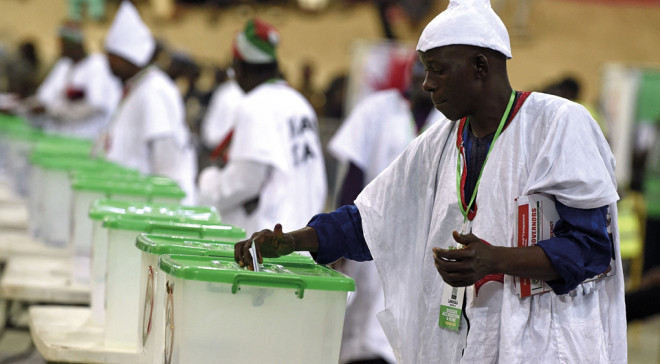Greater Accra to Decide 2024 Elections; Impossible for NPP to Get 85% in Ashanti Region – Global InfoAnalytics
Executive Director and Head of Global Research at Global InfoAnalytics, Mussa Dankwah, has asserted that the Greater Accra Region will play a decisive role in determining the outcome of Ghana’s 2024 general elections.
Speaking during the NorvanReports X Space discussion on the theme, “Election 2024: What Issues Matter Most to Ghanaians and Are Poll Numbers Predicting Change or Continuity?” on Thursday, November 21, 2024, Mr. Dankwah highlighted key regional dynamics shaping the electoral landscape.
He noted that while traditional strongholds like the Ashanti and Eastern Regions remain crucial for the New Patriotic Party (NPP), shifting demographics and voter alignments mean that Greater Accra, the Central Region, and the Western Region are increasingly becoming battlegrounds.
“If I may quote the Ga Mantse, I think a few months back, he said the Greater Accra Region will decide who wins the 2024 election, and I think what he said is true,” he remarked.
Shifting Dynamics in the Greater Accra Region
According to Mr Dankah, the Greater Accra Region has overtaken the Ashanti Region as the largest voting bloc due to population shifts and migration patterns.
He attributed this to events during the COVID-19 pandemic, which restricted travel and registration in other regions, particularly the Volta Region.
“Greater Accra’s population grew as many Ewe voters, who typically travel to their home regions to register and vote, remained in Accra due to the pandemic’s travel restrictions,” he explained.
This demographic realignment, he added, has significantly impacted voter distribution, making Greater Accra the most critical region in the upcoming elections.
Swing Regions and Floating Voters
Speaking further during the X Space Discussion, Mr. Dankwah emphasized the importance of swing regions in the 2024 elections, noting that the swing regions are leaning toward the NDC.
He described the Central Region as “tipping more to the NDC,” while the Western Region presents significant challenges for the NPP.
Floating voters, who now constitute about 20% of the electorate, Mr Dankwah added, are also expected to wield significant influence in the upcoming elections.
“These voters are discerning and increasingly independent. Both major parties will need to craft nuanced messages to win their support,” he advised, warning that divisive or inconsistent campaign messaging could alienate independent voters, stressing the need for targeted and credible communication.
The Challenge Ahead for NPP
For the NPP, maintaining dominance in its traditional regional bases and making inroads in swing regions will be critical, with Mr Dankwah asserting it will be difficult for the NPP to secure 85% of the total votes in the Ashanti Region.
“It will be impossible for the NPP to secure 85% of votes in the Ashanti Region unless the National Democratic Congress (NDC) is completely ‘collapsed’ in the region, which is highly unlikely given the NDC’s steady voter base,” Mr. Dankwah remarked, further explaining that even a marginal turnout shortfall for the NPP in Ashanti Region could tip the scales in favour of the NDC.
As Ghana heads into a highly anticipated election, Mr. Dankwah’s analysis underscores the fluid nature of voter preferences and the pivotal role of swing regions and independent voters in shaping the nation’s political future.
.







